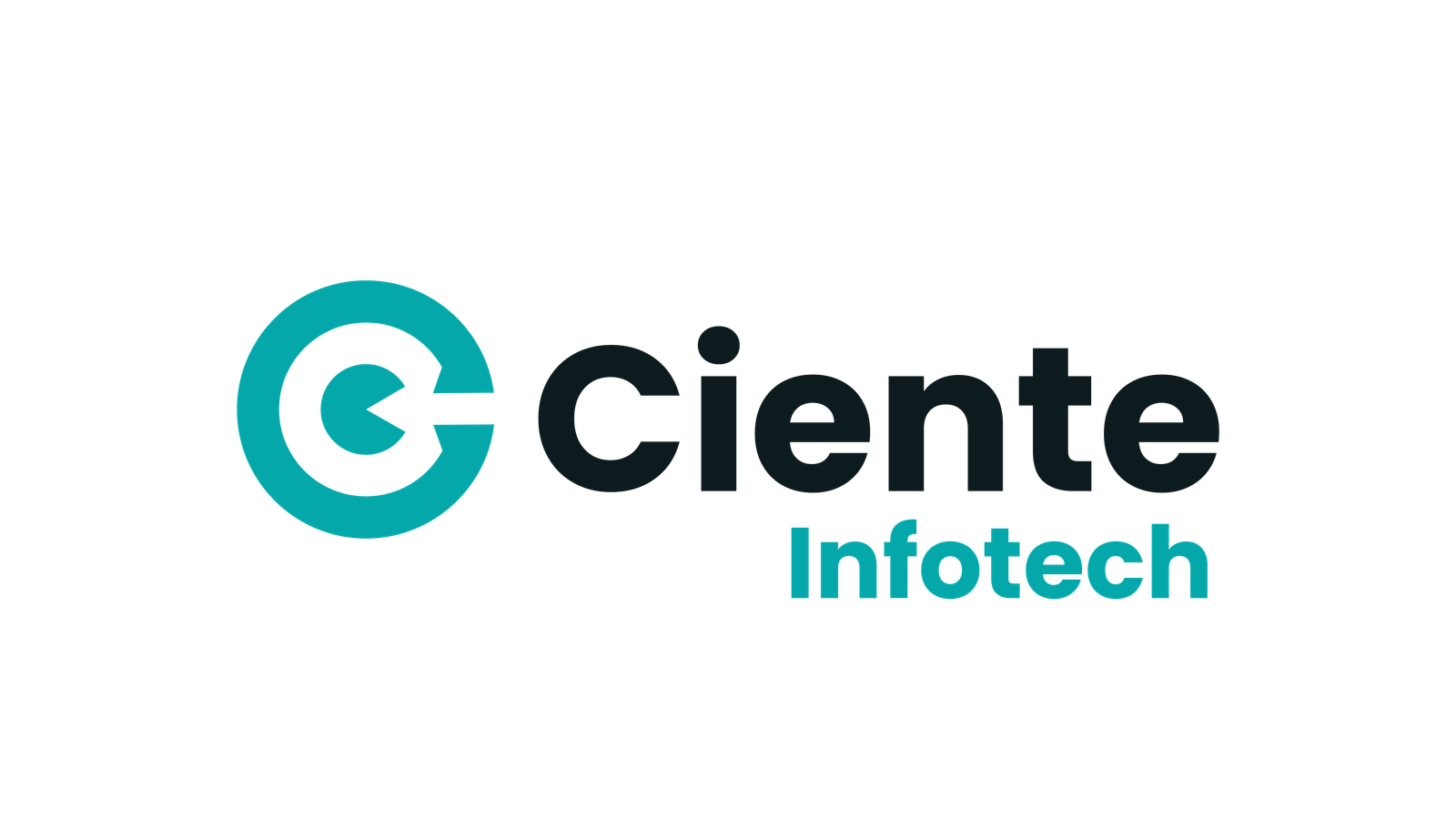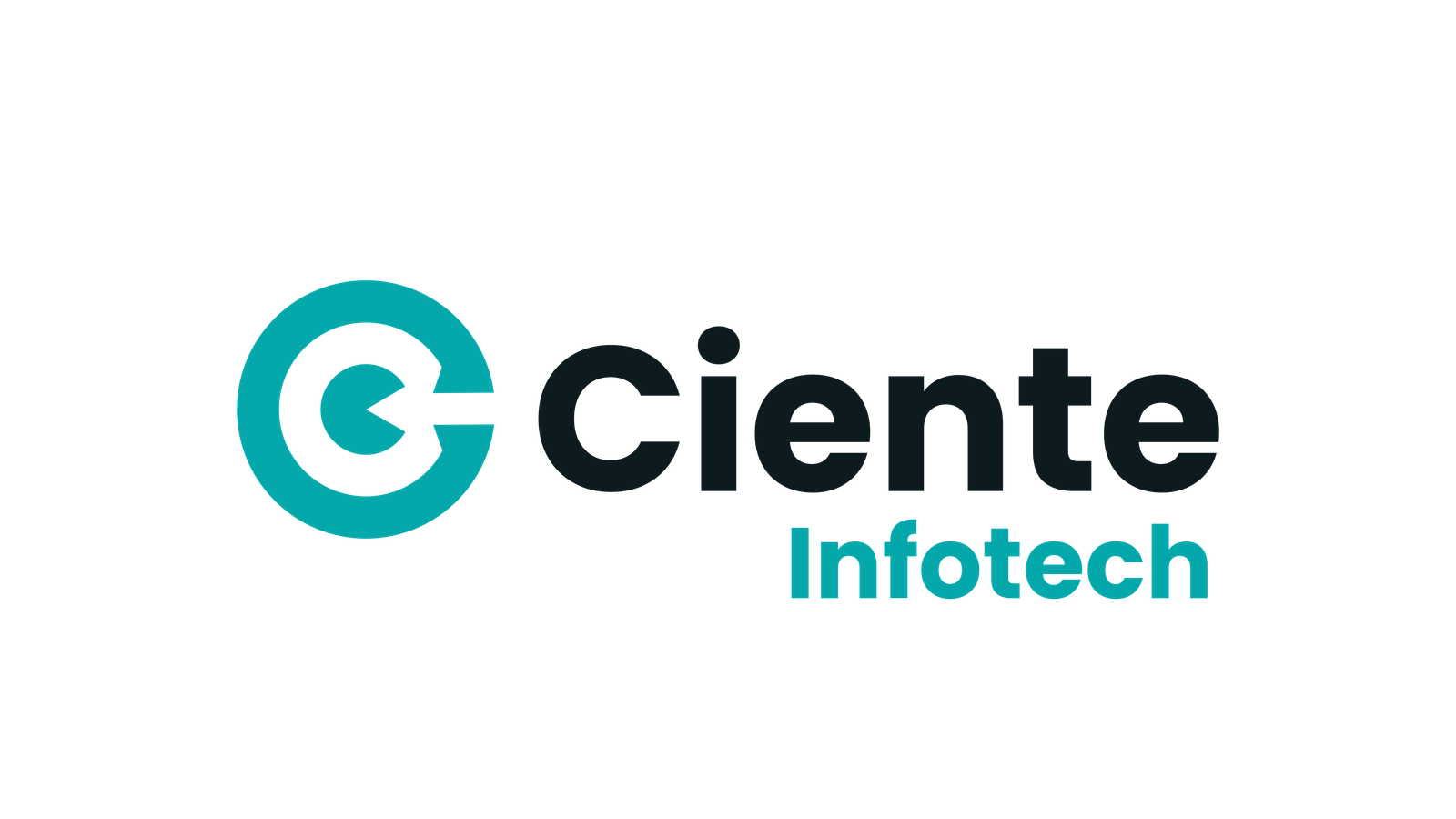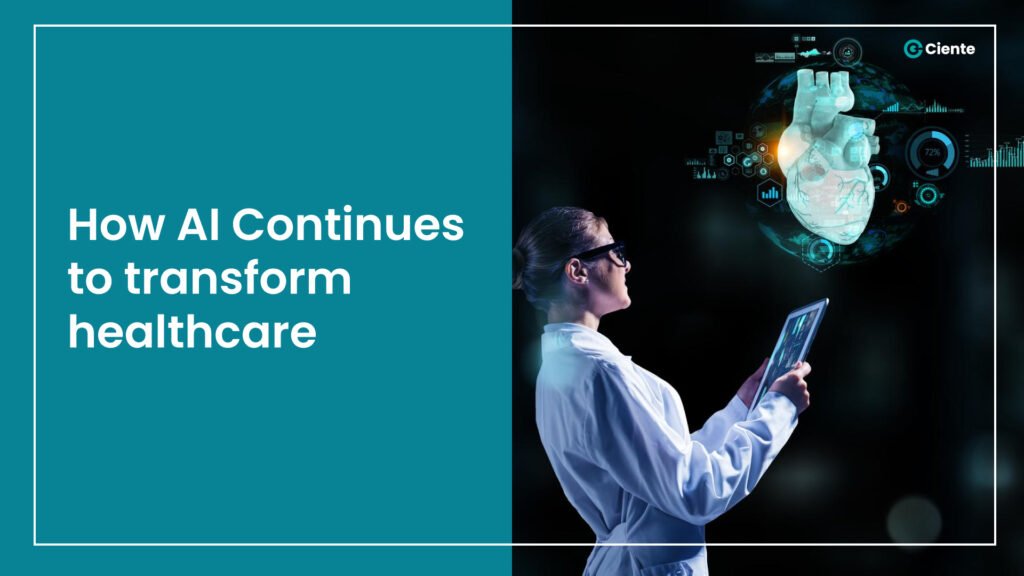Things AI is doing for healthcare aren’t fiction anymore. Artificial intelligence is changing the healthcare industry and doing it well.
AI In Healthcare
AI and deep learning are doing some of the things humans do- only quicker, better, and more economically. Frost & Sullivan predicts artificial intelligence (AI) will help the American healthcare industry save over $150 billion by 2025.
AI-powered healthcare solutions are helping with medical diagnosis, drug discovery, medicine, and more.This article will drill down and give you insights into the substantial ways Artificial intelligence is playing a huge role in healthcare.
AI and the path ahead
Artificial intelligence will transform the lab of the future. Healthcare data platforms would help doctors and scientists better understand diseases and their treatments. Biopharmaceutical researchers have achieved a lot in this space in the last couple of years, but we’re still far from having a systematic process for medical intervention for different patients. There are limits associated with reductionism in medicine, and AI can bring in a step change.

The Precision
- Robot-assisted surgeries allow medical professionals to perform complicated procedures with precision. These surgeries are minimally invasive and boost doctors’ precision.
- AI also helps diagnose diseases early, making the treatment overall more effective than the traditional diagnosis.
- A Nature research article found that an AI system surpassed human doctors in detecting breast cancer, enhancing the efficiency and accuracy of cancer screening.
- Different lifestyles, genetics, and environments call for precision medicine. Massive parallel sequencing, or NGS, is capable of sequencing a person’s genome with insane speed (Compared to traditional sequencing that almost took a decade to achieve the same!).
The Prediction
- A Stanford study found that AI was better able to predict how long the patients have to live (The AI algorithm showed an accuracy of 90% compared to 64% for human doctors).
- The complexity of human bodies makes drug discovery a long process. Some scientists believe AI will expedite the process and have a drug available for treatment in 1/10th of that time. Artificial intelligence can deliver results here at an unprecedented pace and scale.
- AI can predict the diseases an individual is prone to, treatment options, and the readmission risk in certain patients.

A Grain of Salt
AI algorithms can amplify existing biases in data sets. Since medical data can be very biased, we must build AI models that are fair and on the level. The other challenges that can come up are integrating engineering with complex human biology, data privacy, upgrading technology & infrastructure, and more. Mastering these complexities will be arduous but equally impactful.
The Editor’s Note
Technology can’t replace human expertise, but the convergence of the two will help drive innovation swiftly. Artificial intelligence is helping healthcare practitioners and experts eliminate manual tasks. Companies need to understand and define their north star to make progress in the right direction, and AI will help them move there faster.
Human ingenuity combined with the power of AI and machine learning will not only help achieve the present results at a breakneck speed, but also achieve things the healthcare industry previously deemed impossible.



